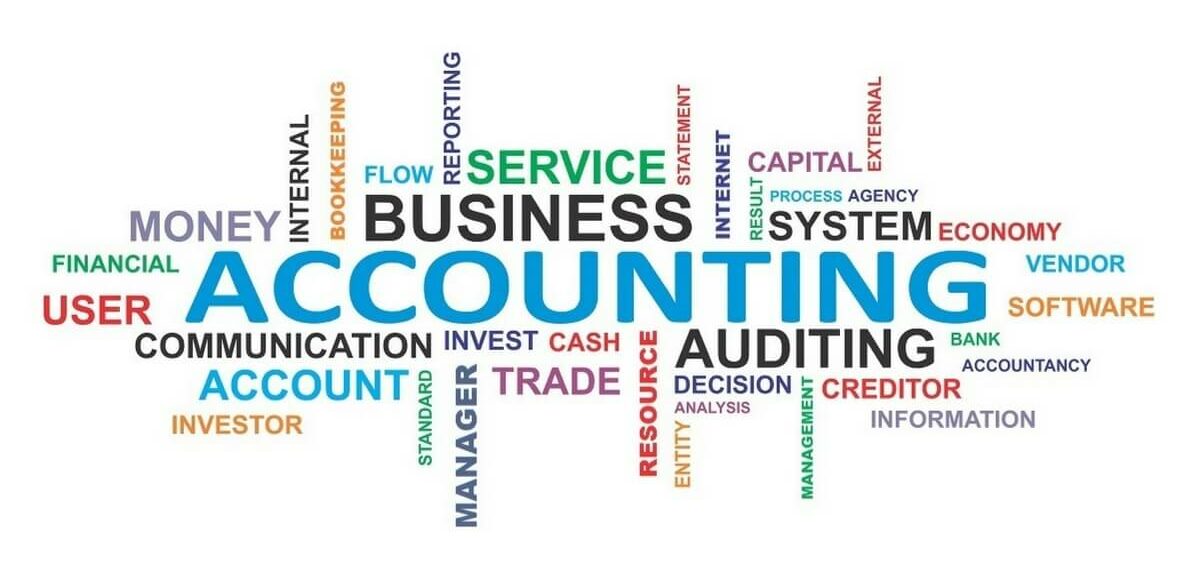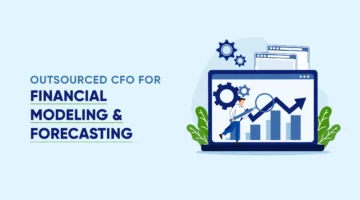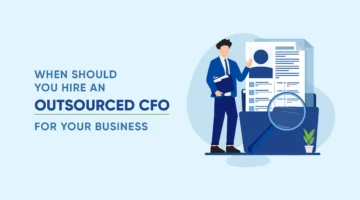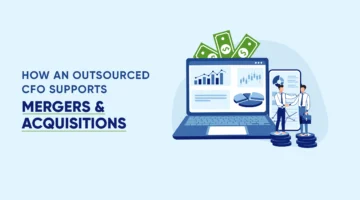How To Find The Right Outsourced CFO Expert For Your Funding Prep
Hiring a CFO is a big decision. It takes more time, effort, and financial capital than many business owners initially expect. Here are a few tips to set the record straight as you begin your search.
| Your Expectations | Their Expectations | |
| Timeline | One to two months maximum | Probably three to five months |
| Compensation | Six-figure salary plus benefits | A six-figure salary, benefits, extra PTO, stock options, bonuses, additional life, disability, or illness insurance (Add 30% to their salary to cover all of the above) |
| Leadership potential | They will be a leader who will merge flawlessly with my team. | I will be respected for my opinions and listened to by younger managers, but I am willing to collaborate. |
| Breadth of Knowledge | They know how to do everything related to finance and funding. | I have a specific skill set in which I excel, and I will have a team to help with the day-to-day tasks. |
Tip 1: Adjust Your Timeline
C-suite executives take a long time to hire. Many already have positions and want to give a month’s notice at their current company before moving on. On top of giving notice, C-suite executives require more wooing and vetting than other employees. Before you trust someone with your entire company’s financial information, you should take the time to verify their competency and integrity. Additionally, as the CEO/founder, you will spend a lot of one-on-one time with your CFO, so you need to find someone you can work well with.
Tip 2: Consider Age and Experience Benefits
Particularly when preparing for funding, it’s important to find a CFO who can handle investor relationships and knows their stuff in regard to the funding process. Your CFO is the person who will ultimately maintain your investor relationships once funding is granted. They will also explain your progress to investors, especially if you fail to meet compliance standards. You need someone who is good with people, cool under pressure, and not afraid to defend their data. That way, if something does go wrong, the CFO can handle it.
Additionally, investors may dismiss CEOs/founders who are younger or don’t have a lot of experience. You can combat this bias by bringing an older, more experienced CFO to your investor meetings to reassure them that you have plenty of experience high up in your company. An average CFO should have 10-15 years of experience.
Tip 3: Define Needed Industry Knowledge
Hiring a CFO who has experience in and knowledge of your industry is key. It’s true that accounting and finance principles can be applied to any industry, but industry standards vary. Find a CFO who is already familiar with your type of clients, vendors, and suppliers. They onboard faster and know what they are getting into.
For example, if you are looking for a CFO in steel manufacturing and your top candidate’s experience is in plastic manufacturing, you will probably be okay. The industries are similar. They both hire 1099 contractors and have long periods between selling a job and getting paid for the job. The regulations will differ, but the general structure is the same. Whereas if you are looking for a CFO in steel manufacturing and your top choice has a background in hospitality, that might be cause for concern.
A hotel chain CFO has small buyers who book rooms and large buyers who book events. Plus, a good portion of the staff will be W-2 employees with benefits. The structure is very different. This doesn’t mean you need to disqualify the hospitality CFO, but you should plan on a longer adjustment period if you hire them.
Ask specific questions about industries, employee designations and what kind of restrictions the candidate has worked with in the past. They may have been in a different industry with a similar structure to yours or vice versa.
Tip 4: Don’t Forget Leadership Potential
You CFO is a big part of your leadership team. Look for someone who will get along well with your existing team members. It is also important both internally and with investors to make sure you hire a CFO who communicates well. Financial jargon is a language all its own and you need someone who is a good translator as well as fluent.
Next, look for someone who is a good problem solver. Something always goes wrong in business. If you expect your company to last for 10+ years, you need to plan on putting out a few fires along the way. In particular, you will need a trusted advisor should you run into financial problems.
Ask your candidate about creative strategies they have used to overcome challenges in the past. Also make sure to ask about internal controls and how they would ensure your financials are being double-checked so there is no room for errors or fraud.
Tip 5: Find a Breadth of Knowledge
All CFOs should know the basis of finance, but depending on the size of your company, you may also need a CFO with an understanding of other financial impact areas such as accounting, investment, and risk management. This is not a given. Many business owners assume all CFOs worked their way up the financial chain, starting as a bookkeeper or accountant and climbing to CFO. That is not always true. Plan on having either outsourced or lower-level assistance for your CFO. They are a specialty role, not an accounting department in one person.
Particularly when seeking funding, it is also important to find someone with investment and risk management experience. This is not a given with all CFOs, but you can bet your investors will ask about it.
Tip 6: Calculate the Perks
Leadership positions, particularly C-suite executives, normally expect robust benefits packages. Many CFOs want some level of ownership, profit shares, or a bonus package in addition to healthcare, a 401K, social security, disability, and pension options. It is also not uncommon for a CFO to want two or three weeks of PTO, although they rarely use that much time. On average, CFOs benefits will cost about 30% of their salary.
In addition to financial perks, CFOs also have office perk costs. This might include a personal office to ensure financial security regulations, a parking space, or relocation expenses. Finally, they may require a severance package.
Finding a CFO with all of the traits and knowledge that you need can prove to be a difficult task. And in addition, it can cost you much more money than you expect. Hiring an outsourced CFO that will be a perfect fit with your company in terms of needs and industry
Get Your Free Consultation
Gain Financial Visibility Into Your Business
We provide outsourced, fractional, and temporary CFO, Controller, and operational Accounting services that suit the needs of your business.
- Hourly Rates
- No Hidden Fees
- No Long Term Requirements
NOW CFO provides the highest level of expertise in finance and operational accounting to accelerate results and achieve strategic objectives for sustainable growth and success.
After completing the form, a NOW CFO Account Executive will reach out and learn more about your needs so that we can pair you with the right Partner.
Learn More: The Benefits of Outsourcing Your CFO Services



